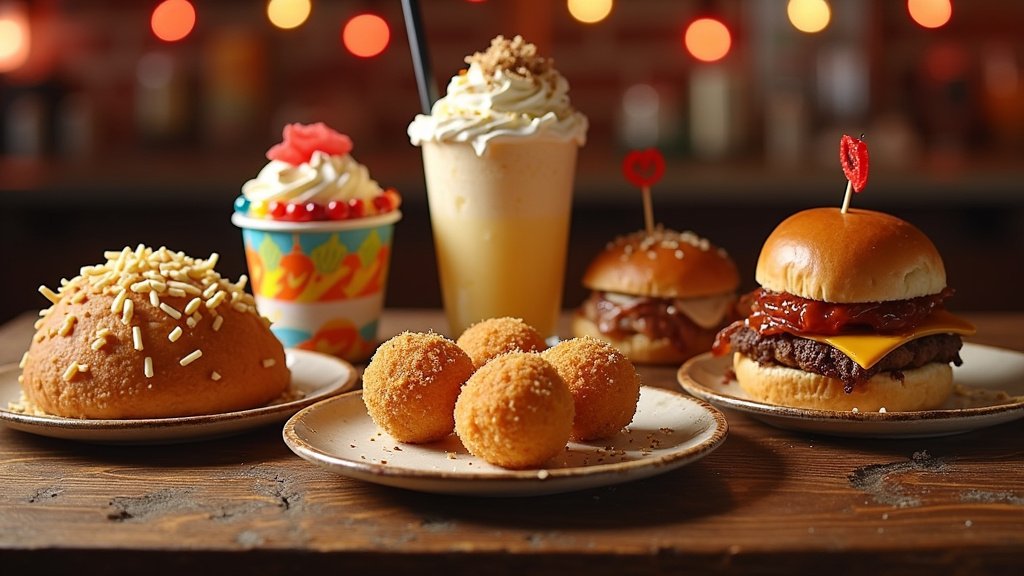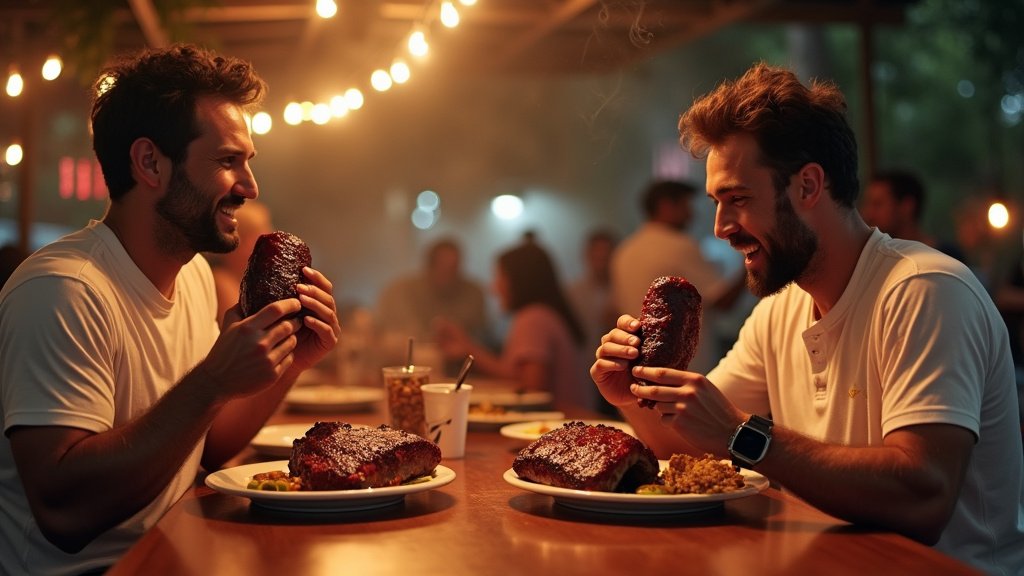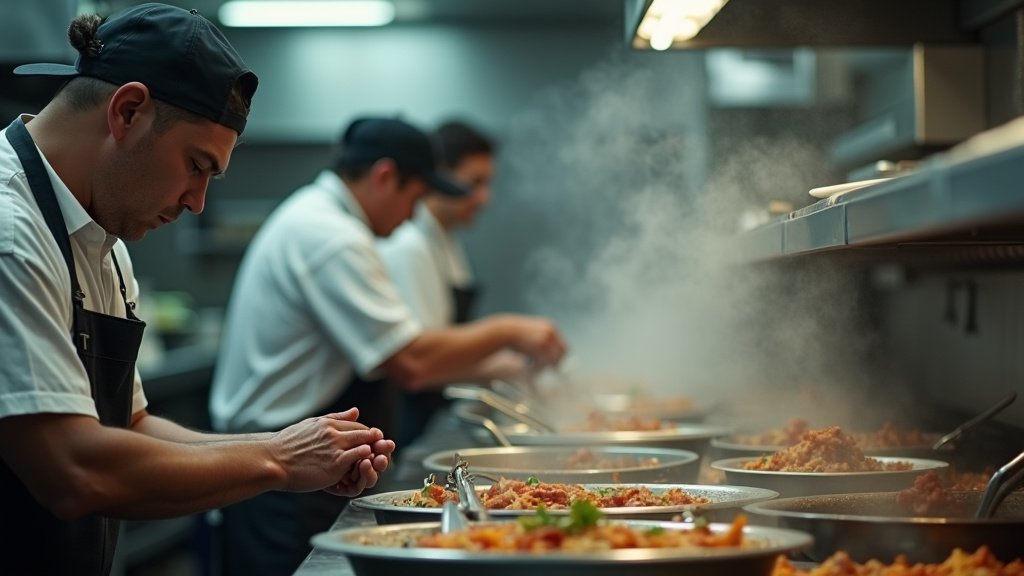Texas, with its vast landscapes and rich cultural tapestry, offers a culinary journey as expansive as its horizons. At the heart of this gastronomic adventure lies the humble yet iconic taco—a dish that has evolved, adapted, and firmly rooted itself in Texan identity.
A Historical Tapestry: The Taco’s Journey to Texas
The origins of the taco trace back to pre-Columbian Mexico, where indigenous peoples crafted tortillas from maize, filling them with native ingredients. As Spanish colonization introduced new foods and techniques, the taco began its transformation. In the 18th century, Mexican silver miners used the term “taco” to describe the paper-wrapped gunpowder charges they employed, a nod to the handheld nature of the food. By the late 19th century, tacos had made their way into the United States, with Texas serving as a primary gateway.
Tex-Mex: A Culinary Fusion
Tex-Mex cuisine emerged from the blending of Mexican culinary traditions with Texan ingredients and tastes. This fusion introduced elements like cheddar cheese, beef, and flour tortillas into traditional Mexican dishes. The result was a unique culinary identity that, while distinct from authentic Mexican fare, became a beloved staple in Texas.
Regional Variations: A Statewide Taco Tour
Texas’s vastness gives rise to diverse taco styles, each reflecting local flavors and traditions:
- Austin: Known for its innovative spirit, Austin boasts establishments like Torchy’s Tacos, which began as a food truck and expanded into a beloved chain. Their “Trailer Park” taco, featuring fried chicken, green chilies, and pico de gallo, exemplifies Austin’s creative take on the classic taco.
- San Antonio: The city is famed for its “puffy tacos,” where masa dough is deep-fried until it puffs up, creating a light, crispy shell. Ray’s Drive Inn and Henry’s Puffy Tacos are iconic spots to experience this local delicacy.
- Houston: As a melting pot of cultures, Houston’s taco scene is diverse. Taqueria Del Sol offers authentic Mexican street tacos, while fusion spots like Velvet Taco introduce global flavors into their offerings.
Breakfast Tacos: A Morning Ritual
In Texas, the day often begins with a breakfast taco—a warm tortilla filled with eggs, cheese, and a variety of fillings like bacon, chorizo, or potatoes. This morning staple is ubiquitous, with establishments like Juan in a Million in Austin serving up hearty versions that have become legendary.
The Taco Truck Phenomenon
The rise of taco trucks has revolutionized the Texan dining landscape. These mobile kitchens bring authentic flavors to street corners and events, offering everything from traditional al pastor to inventive vegan options. Taco trucks like Tacos Tierra Caliente in Houston have garnered loyal followings, proving that some of the best tacos are served on four wheels.
Modern Interpretations: Chefs Redefining the Taco
Contemporary chefs across Texas are pushing the boundaries of what a taco can be. At Suerte in Austin, Chef Fermín Núñez crafts tacos using heirloom corn tortillas, filled with ingredients like roasted sweet potatoes and mole, showcasing a refined approach to traditional flavors.
The Cultural Significance of Tacos in Texas
Beyond their culinary appeal, tacos hold cultural significance in Texas. They represent the blending of Mexican heritage with Texan innovation, serving as a symbol of the state’s diverse identity. Taco festivals, such as the Texas Taco Tequila & Music Festival, celebrate this heritage, bringing communities together over shared flavors.
Conclusion: A Culinary Emblem of Texas
The taco, in its myriad forms, tells the story of Texas—a narrative of tradition, adaptation, and community. Whether enjoyed from a high-end restaurant or a humble food truck, the Texan taco experience is a testament to the state’s rich culinary landscape.






